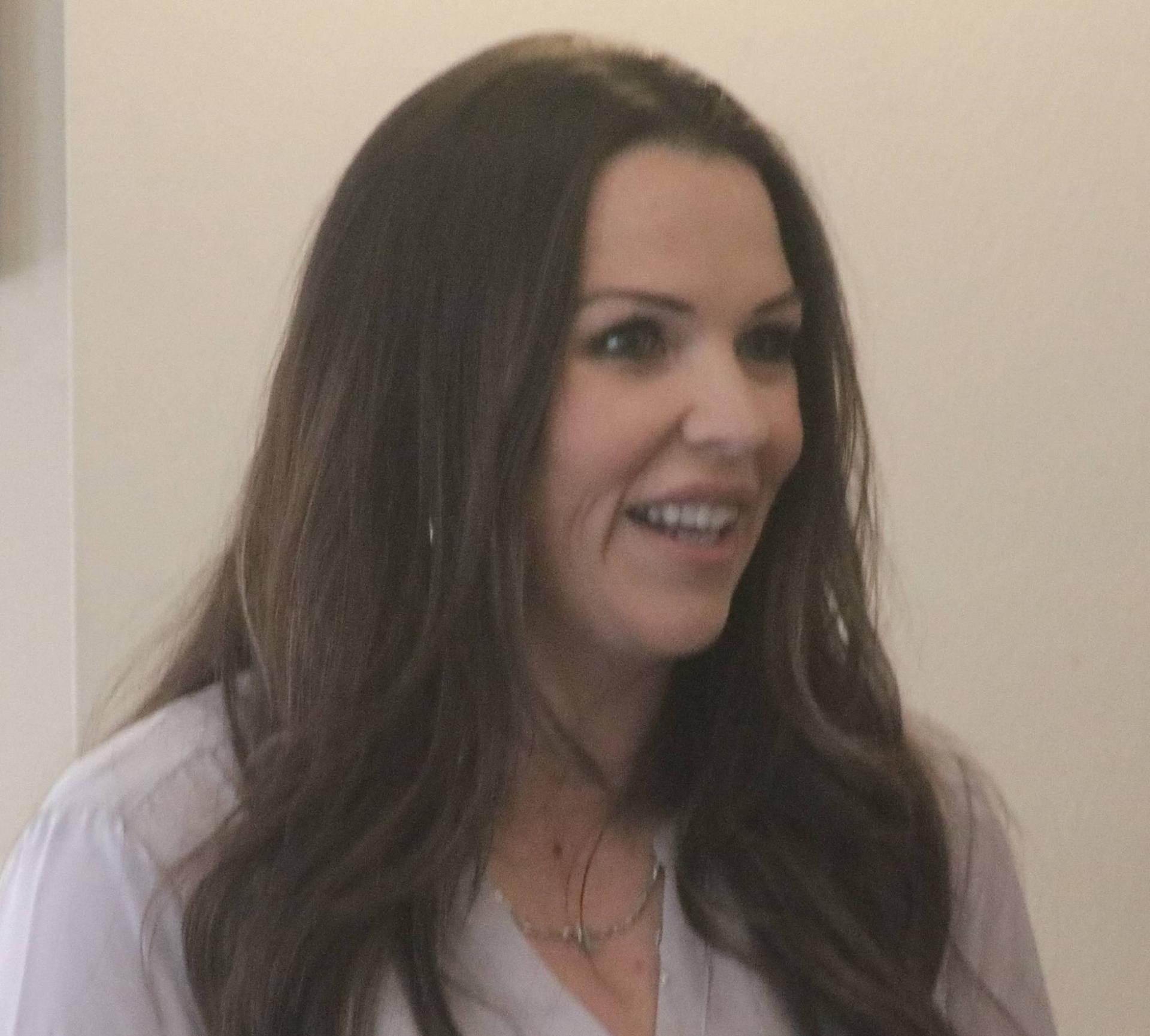BEAR Press Release
Many people don’t realize the opportunities that can be afforded to their business that are available from the Small Business Development Centers (SBDC) that exist in Utah. That point was brought out by Roger Koyle, who is the director of the local office, during a Sept. 28 meeting of the Castle Country Business Expansion and Retention General Board.
“When I was in business, I went about things on my own and wrote a big check to get my business going,” he told those in attendance. “I thought I had to do it on my own. I wrote that check just before the big economic downturn in 2008. I probably could have had some help, but didn’t think it was available. People often don’t realize what programs are there to help with their business startups and operations.”
Koyle went on to talk about different programs that the SBDC offers that can aid business startups and existing firms. The first he talked about is a fairly new program called the Wildcat Microfund.
“This program was started at Weber State University and has taken off since,” he said. “The committee will give applicants a $3,000 grant to help with a fledgling business. The process is very simple compared to other grants that are available. A business owner only has to answer seven or eight questions, and then those answers are reviewed by a committee, which will determine if the request can move to the next step. That step is the pitch to the committee that an owner often can do on Zoom but can also be done in person.”
If an applicant is approved to do a pitch, the SBDC will meet with the person who will do the pitch to formulate a solid plan that they will attempt to sell to the committee.
One of the best things about the fund is that it has deep pockets because America First Credit Union awarded the fund $1,000,000 because of the value the program was providing to businesses. Much of that money is still there.
The money can be used for almost anything to improve a business, such as a piece of equipment or some goal that they need to meet to operate more efficiently. He explained that since the funds come from a grant, nothing needs to be paid back. Most importantly to many who own small businesses, the review process of how any money granted has been used is pretty simple and not intrusive.
“However, if a business owner asks for money the second and third time, there are a lot more questions, particularly about how the original money was spent,” he stated.
He also pointed out that as the word gets out about the fund, the list of potential awardees is growing quickly, so anyone interested should contact his office at (435) 613-5460 soon.
Another program SBDC offers is the Custom Fit program, which helps businesses pay for training. This program has been around quite a while and many have benefited from it. If a business wants to provide training for employees or managers, owners need to get approval for it beforehand. The money is never approved once the training has been done. If a business is interested, they need to contact the SBDC and inquire if what they are considering could be approved for funding.
The second part of the BEAR program that day was presented by Jessie Lobato, who runs a regional program called the Utah APEX Accelerator for the Governor’s Office of Economic Development. The program is set up to help guide businesses in the process of contracting with government entities. This includes all that it takes to do business with every level from local governments to the federal government. She explained what the function of APEX is.
“One of the first things we do when we meet with a business is to assess their ability to participate in the government marketplace,” she stated. “We assess how a business has done in the private marketplace or if they are already selling to the government, how that is working.”
She also said that the statement that the government buys everything is a bit of a misnomer, because it may well do that, but that what is being purchased at any one time is dependent on what agency a product or service is being sold to. One of the goals of APEX is to match a business product or products with an agency that needs those products.
“Another important thing is compliance with regulations,” she said. “We examine businesses and see if they fall within those guidelines. There have been some big changes recently, particularly when it comes to cyber compliance. Presently, that is huge and very important. Possible ownership by foreign governments or even partial ownership may require some additional work to qualify.”
APEX also helps businesses identify their different procurement codes, such as the North American Industry Classification System codes, the Federal Supply Codes and the Commodity Codes that are used to classify products and services. The agency also helps businesses understand the System for Award Management (SAM) that is used in government purchasing.
“Another thing we work with is small business certifications,” she stated. “Agencies work to buy a certain amount of goods and services from small businesses, and within that there are types of businesses that have certifications such as women-owned businesses, disabled veterans businesses, etc.”
Lobato can be contacted at (435) 613-5198.
The next BEAR General Board Meeting will take place on Oct. 26 at 8 a.m. at the Alumni Room on the Utah State University Eastern Campus. The speakers will be the Carbon County Commissioners talking about new things taking place in Carbon County.




